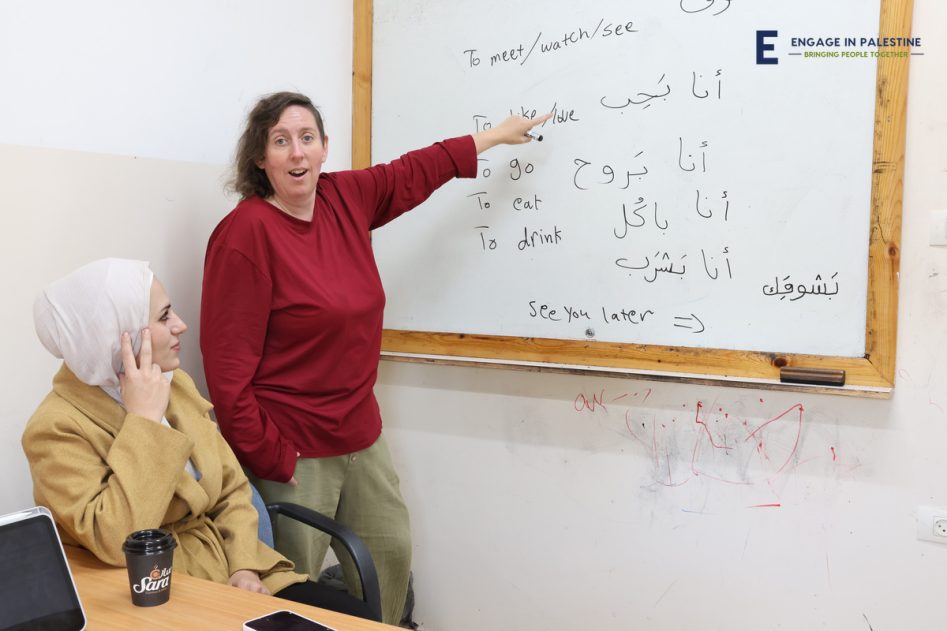Useful Phrases in Palestinian Colloquial Arabic: Even though Arabic is an extremely complicated language, several key phrases will get Arabs wondering if you are a foreigner. Arabic is spoken in a highly mechanical fashion with different cultural expressions demanding an equally important and lengthy response. When in the Palestinian Colloquial Arabic areas the first thing you will notice is the constant appeals to God, so if you are going to be in Arabic-speaking areas you must know these appeals.
Table of Contents
Insha’allah ان شاء الله
First in foremost: Insha’allah. Often and roughly translated as “God Willing”, this term invades every conversation in hordes and can mean many things. In English I believe the nearest term we use is “hopefully”, however, this isn’t used nearly as much in English. For example, one person might suggest that he is studying to be a doctor, the other would say Insha’alla,h and the other would repeat it. Another less relatable use, occurs often for trivial feats for example one person will announce he is going to the restroom and will return soon.
Masha’allah ما شاء الله
The pair will then exchange Insha’allah. Another conversational staple is “Masha’allah” which roughly translates to “God willed it”. To be honest, I’m not sure how to use this term but I hear it all the time, in fact, I usually just randomly throw it into sentences and hope for the best. For example, I will find my lost pencil and announce Masha’allah. People usually stare. Another common Arabism has a very negative stigma associated with it in English, a completely unnecessary stigma. The phrase is “Allahu Akbar”.
Allahu Akbar الله اكبر
The phrase is “Allahu Akbar”. Translated it is “God is Greatest” and used for just about anything religious, sacred, or just joyous. Before meals, when you pray, or even when you’re just feeling thankful. Another useful term is “Mumkin” which means “possibly”. You can stick that in front of any rude demand and magically make it polite. Mumkins everywhere. The there are the universal staples of thank you and your welcome. “Shukran” and “afwan” respectively.
Allah Yarhemu الله يرحمو
A personal favorite of mine is “Allah Yarhemu” which translates to God rest his soul. This is a bit silly, but in English whenever something bad happens, no matter how trivial, I say “RIP” which is rest in peace, as if whatever trivial obstacle I encountered killed me. I decided to translate this into Arabic as “Allah yarhemny” or “God rest my soul” just to be funny or dramatic.
Sabah Alkhair صباح الخير
It’s sort of my catchphrase now. Beyond these are the more casual necessities like “Sabah Alkhair” and the response “Sabah Alnur” which is how people greet each other in the morning.
keefak كيفك
Or even “keefak” which is the quintessential “How are you”, however when speaking to women the term changed to “Keefik”. This brings us to our next phrase “Alhamdulilah” which is “Praise God”. Mostly used as a response when someone asks about your well-being, the term is meant to credit God with your assets in life. It can be said after anything. Even if bad news has been shared, you still thank God for what you have.
